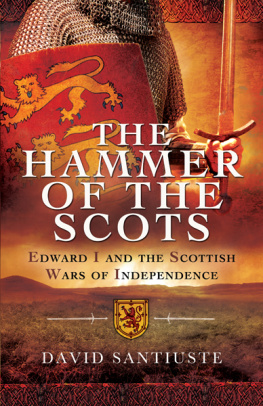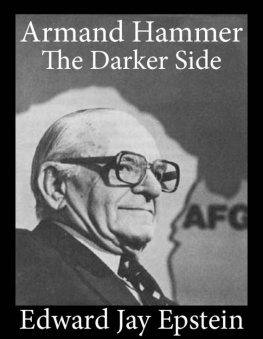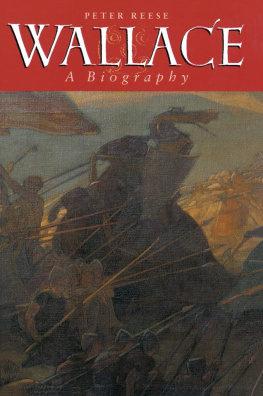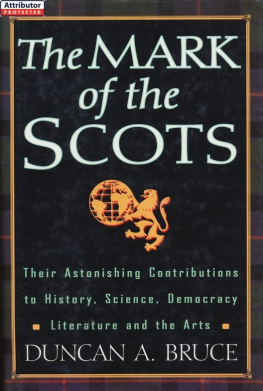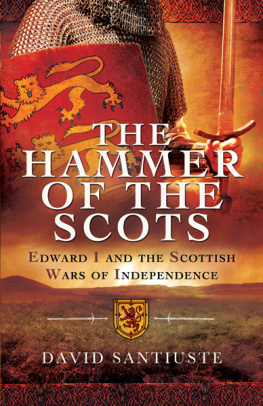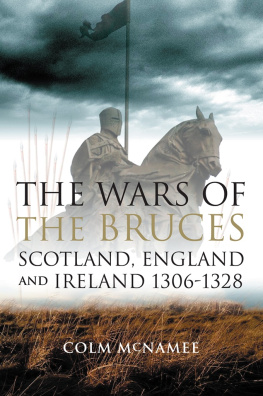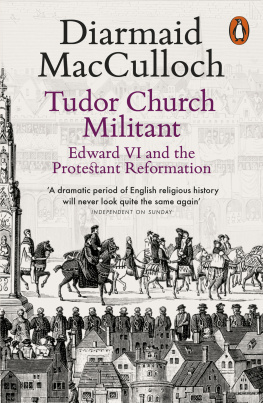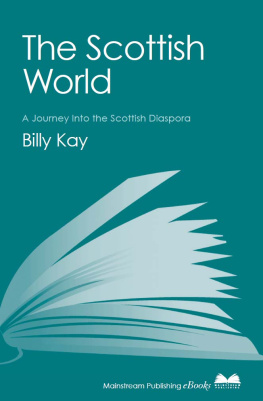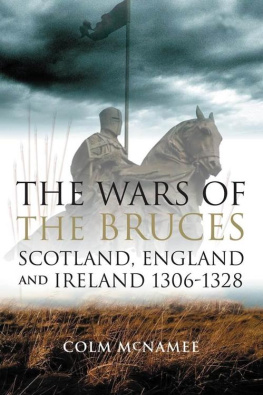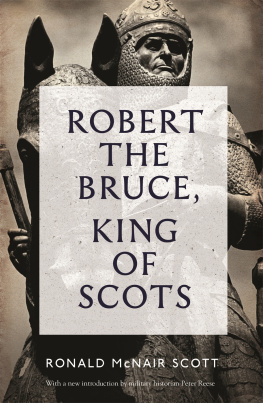
First published in Great Britain in 2015 by
PEN AND SWORD MILITARY
a n imprin t o f
Pen and Sword Books Ltd
47 Church Street
Barnsley
South Yorkshire S70 2AS
Copyright David Santiuste, 2015
ISBN 978 1 78159 012 6
eISBN 9781473857650
The right of David Santiuste to be identified as the author of this work has been asserted by him in accordance with the Copyright, Designs and Patents Act 1988.
A CIP record for this book is available from the British Library. All rights reserved. No part of this book may be reproduced or transmitted in any form or by any means, electronic or mechanical including photocopying, recording or by any information storage and retrieval system, without permission from the Publisher in writing.
Pen & Sword Books Ltd incorporates the imprints of Pen & Sword Archaeology, Atlas, Aviation, Battleground, Discovery, Family History, History, Maritime, Military, Naval, Politics, Railways, Select, Social History, Transport, True Crime, Claymore Press, Frontline Books, Leo Cooper, Praetorian Press, Remember When, Seaforth Publishing and Wharncliffe.
Fo r a complet e lis t o f Pe n an d Swor d title s pleas e contac t
Pen and Sword Books Limited
47 Church Street, Barnsley, South Yorkshire, S70 2AS, England
Email: enquiries@penandsword.co.uk
Website: www.penandsword.co.uk
Contents
Preface
This is a book about Edward I and Scotland, although I first encountered Edward during a visit to Wales. As a child with a precocious interest in history, I was awestruck by the castles of Wales, as well as by the beautiful landscape, and thus I began to learn something of Edwards impact on a country I came to love. My sympathies at that time were very much with Edwards Welsh rival Llywelyn ap Gruffydd (I knew little then of Llywelyns own ruthless spirit), yet Edward nevertheless exerted a magnetic force. I later went on to study in Scotland another country that still bears the scars of Edwards ambition where I have remained for most of my adult life. This project has therefore provided an opportunity to write about my adopted home, whilst also exploring the life of one of the figures who first inspired my passion for medieval history. My view of Edward has become more complex over the years, but my interest in his story has endured.
Edward I is a fascinating character, and he is very much the central figure in the work I offer here. It must be stressed, however, that this book is not envisaged as a biography as such; certainly I have no ambitions to supplant the two existing biographies of Edward by Marc Morris and Michael Prestwich (both of which are excellent books). My own focus is specifically on Edwards role in the first phase of the Scottish Wars of Independence, as well as on the political events that led to the outbreak of war and later sustained it, although I have also sought to explain the wider impact of his campaigns in Scotland. The conflict and upheaval that resulted affected people at all levels of society, throughout the whole of the British Isles. In order to make sense of the decisions that Edward made, and of the challenges he faced, a number of other stories must also be told alongside Edwards own.
Edwards reign as king of England was a pivotal moment in British history. By the time he inherited his throne, in 1272, the English kings were also lords of Ireland. In 1282, following the fall of the House of Gwynedd, Edward destroyed the last vestiges of independent power in Wales. Scotland remained a separate kingdom, but Edward would come closer than any other English medieval king to establishing effective hegemony over the whole of Britain and Ireland. As we shall see, it would be simplistic to argue that Edward set out to conquer Scotland, at least at first, but he was determined to assert what he saw as his rightful lordship over Englands northern neighbour. Having failed to realise this by political means, during the period from 1296 to 1307 he campaigned repeatedly in Scotland, seeking to force the Scots to acknowledge his rule.
If Edward had been able to achieve a lasting victory in Scotland and it has been suggested there were real opportunities to accomplish this in 1296 and 1304 then the later history of the British Isles would surely have been very different. That Edward was not ultimately successful, of course, owed much to the tenacious resistance of the Scots. Two of the Scottish leaders Robert the Bruce, the later victor of Bannockburn, and William Wallace have become legendary figures. The efforts of others, such as John Comyn and Andrew Murray, as well as countless nameless Scotsmen, must also be acknowledged. It should also be remembered, however, that Edward was rarely able to focus exclusively on Scotland, and the conflict must therefore be situated within the wider context of his life and times.
This book is primarily intended for motivated lay readers who would like to learn more about Edward I and his Scottish wars. As far as the first phase of the Wars of Independence is concerned (as opposed to the later campaigns of Robert the Bruce, which are now very well served), I felt there might be space for another book that could provide a bridge between popular histories and more specialist studies; my hope is that some readers will be encouraged to explore the subject further. Irrespective of whether my own work is successful or not, my recent experience as a tutor of adult learners, as well as a member of several historical societies, has convinced me there is a genuine need for historical writing of this type.
In addition to the two historians referred to above, I hope my debts to the work of various others (perhaps especially Geoffrey Barrow and Fiona Watson) will be adequately reflected in the notes and bibliography. It remains here to acknowledge some more personal obligations, expressing my gratitude to a number of people who have helped to make this book possible.
Thanks must go to all the team at Pen & Sword, but especially Rupert Harding. Dr Toby Capwell passed on some helpful advice (though any errors are my own). The project was partially funded by the K Blundell Trust, whose grants provide a wonderful source of assistance for younger writers.
I owe a great deal, as ever, to members of my family. My partner, Caroline, accompanied me on research trips, re-drew the family trees and has helped in innumerable other ways; above all I would like to thank Caroline for her continued support and understanding during the spring and summer of this year, as the text neared completion. I am also grateful to Carolines parents, Robert and Florence: it was a pleasure to spend some time writing at their beautiful home. My father, Harry, has again provided vital support and encouragement.
Words cannot express how much I owe to my mother, Marion Santiuste ne Kingsbury, who unfortunately did not live to see this project completed. I dedicate this book to her memory.
David Santiuste
Edinburgh, October 2014
A Note on Money
During the reign of Edward I and, indeed, until 1971 English currency was measured in pounds, shillings and pence ( s d). Twelve (silver) pennies made a shilling, and twenty shillings made a pound. A mark was a unit of account, equating to 160 pennies, i.e. two-thirds of a pound. Attempts to provide modern equivalents for medieval prices can be unhelpful; not only do such figures quickly become outdated, but it should also be remembered that relative values fluctuate (due to a bewildering range of factors).
To provide some context for the figures given throughout the text, a skilled craftsman (such as a trained carpenter) might have expected to earn around four pence for a days work; an unskilled labourer would have done well to earn half that sum, and might only have expected a penny. An annual income of 20 would have supported a very comfortable lifestyle; a man with an annual income of 5,000, such as an earl, would obviously have been considered extremely wealthy. It has been estimated that in 1284 Edward Is own income was around 27,000 (of which 8,000 came from customs duties), although this figure does not include any income from taxes on wealth or other extraordinary sources of revenue.
Next page
